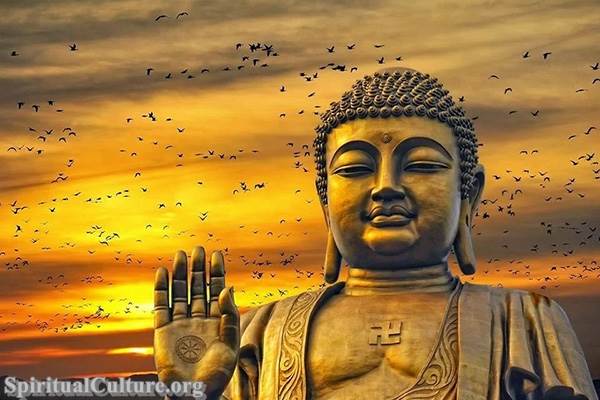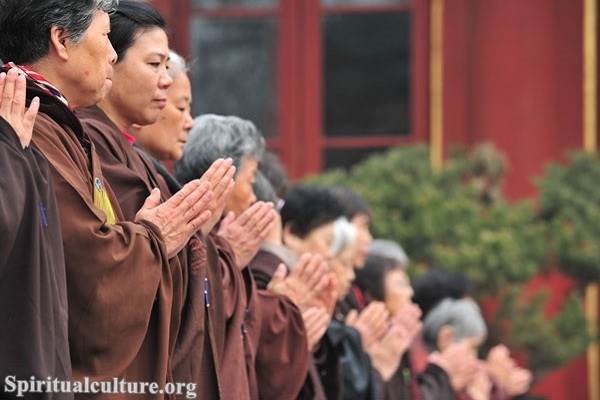Buddhism is a diverse religion with many different sects and traditions. However, some commonly recognized guidelines in Buddhism include the Five Precepts, which are:
- Do not harm or kill living beings.
- Do not steal or take what is not given.
- Do not engage in sexual misconduct.
- Do not lie or speak falsely.
- Do not consume intoxicants that lead to heedlessness.

Additionally, many Buddhists also follow the Eightfold Path, a set of guidelines for living a moral and ethical life and ultimately achieving enlightenment. The Eightfold Path consists of the following:
- Right understanding
- Right intention
- Right Speech
- Right action
- Right livelihood
- Right effort
- Right mindfulness
- Right concentration
In addition to the Five Precepts and the Eightfold Path, there are other rules and guidelines that are followed by different sects and traditions of Buddhism. Some examples include:
- Monastic guidelines: Many sects of Buddhism have monastic communities, and these communities often have specific guidelines and rules that monks and nuns must follow. These may include rules about dress, behavior, and daily routines.
- Devotional practices: Some sects of Buddhism strongly emphasize devotion to specific deities or bodhisattvas, and followers may have specific rules or guidelines for how to engage in these devotional practices.
- Meditation practices: Many sects of Buddhism strongly emphasize meditation, and followers may have specific rules or guidelines for how to engage in these practices.
- Ethics: Buddhism teaches that ethical behavior is essential for spiritual progress and for the well-being of oneself and others. Therefore, many sects and traditions have specific guidelines for how to behave ethically in different situations.
It’s worth noting that Buddhism is diverse, and different sects and traditions have different interpretations of the rules and guidelines. Also, the rules are often not set in stone and are open to interpretation and adaptation depending on the context.

